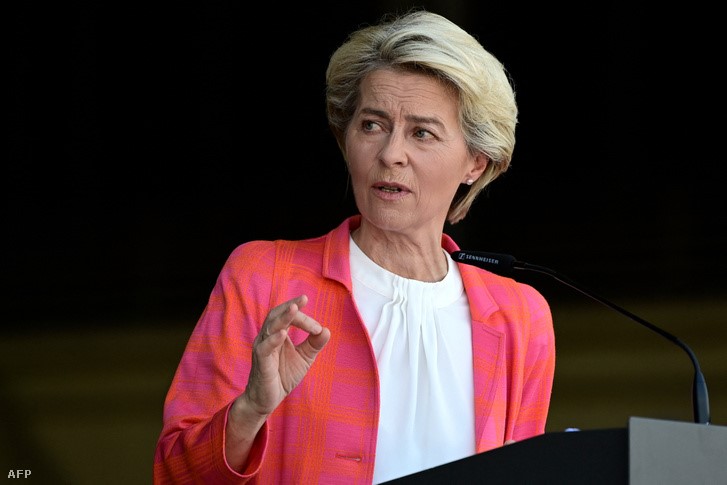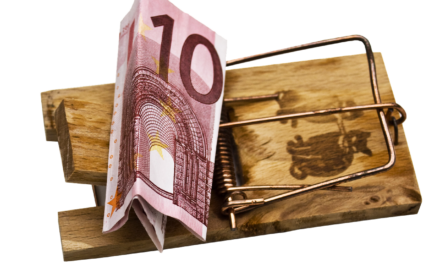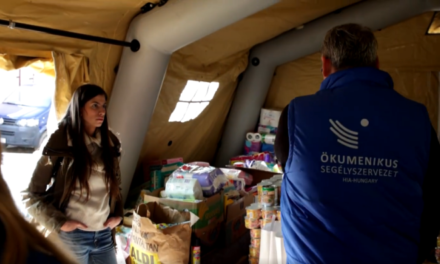The European Union is already preparing the tenth package of sanctions, which contains more brutal and terrifying ideas than ever before. Among other things, they would ban the import of heating elements from Russia necessary for the operation of nuclear power plants. In addition to Paks, many other European nuclear power plants operate with these elements, meaning that the adoption of such a decision would have disastrous consequences for Hungary and Europe, including a dramatic increase in the price of electricity.
Brussels has not achieved anything with the decisions made so far, the war is still going on, the Russian economy is back on the growth track by the end of this year, and last year they achieved record revenues from energy exports. However, Brussels is not bothered by this, and they even ignore the fact that 97 percent of Hungarians do not agree with the sanctions. The European Union is constantly trying to impose its will on smaller countries, it does not consider them equal partners. However, the government will also fight for the interests of the Hungarian people in Brussels.
The European Union adopted the first package of sanctions in February 2022, shortly after Russia launched a military attack on Ukraine. At that time, economic relations with non-Ukrainian controlled areas of Donetsk and Luhansk counties were limited, and targeted sanctions were implemented against members of the Russian State Duma and 27 other private individuals. It also limited Russia's ability to access the European Union's capital and financial markets and various related services.
The second package was accepted a few days later, on February 25. Brussels has frozen the assets of Russian President Vladimir Putin and Russian Foreign Minister Sergei Lavrov. The members of the Russian National Security Council and the remaining, not yet sanctioned members of the Russian State Duma were also put on the sanctions list, but restrictions also came into effect in the financial, transport, technological and energy fields, and the visa policy was also changed.
For example, EU trading venues were prohibited from subscribing and providing services related to the shares of Russian state-owned companies, from accepting deposits from Russian persons above a certain value, and additional restrictions were imposed on clients with Russian citizenship.
By then, however
THE SENSELESS SANCTIONS WITHOUT IMPACT STUDIES ON THE ENERGY SECTOR HAVE BEEN STARTED.
Brussels has already banned the sale of certain products and technologies for use in oil refining to Russia. In addition, restrictions were introduced on the export of dual-use products and technologies, mainly those that Russia could use in the defense industry.
IT WAS ALSO AN IMPORTANT DECISION TO TAKE THE BENEFITS OF VISA FACILITATION FROM RUSSIAN DIPLOMATES AND RUSSIAN OFFICIALS, THUS MAKING IT DIFFICULT IN PRACTICALITY WITH BRUSSELS FOR A DIALOGUE TO FORM BETWEEN THE WESTERN COUNTRIES AND RUSSIA.
The second was followed by a third package of sanctions on February 28. The EU banned transactions with the Russian Central Bank, voted for the first EUR 500 million grant to the Ukrainian army, banned Russian carriers from flying through EU airspace, and added 26 more people to the sanctions list.
The entire Origo article can be read here.
Image: AFP













